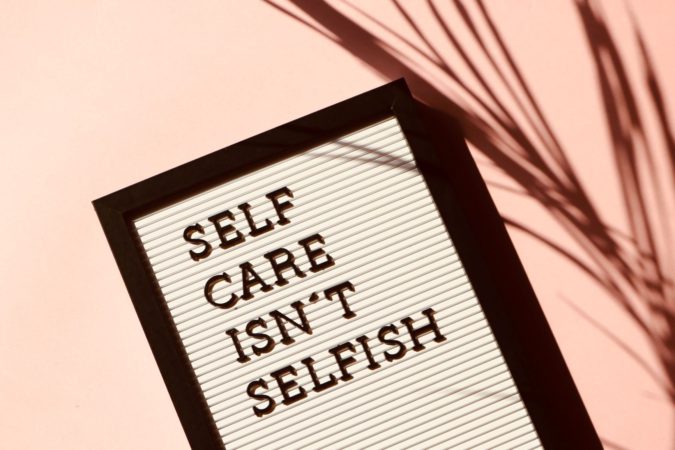Last year it was estimated that the amount of employees calling in sick on the first Monday of February was approx. 350,000, thought to cost the economy around £45million.
However, this year, as we know, will not follow suit with all the rest – some believe that Covid, working from home and the added mental pressure the January lockdown has presented us with, means people are more likely to want to stay in bed because they’re feeling blue.
We spoke to three experts about the measures they have in place to help combat absenteeism in 2021.
Adam Bennett from Digital ID, Experts in ID Card Printing & Access Control, talks about how introducing Mental Health First Aiders has helped reduce absences across the business: “Mental health initiatives have risen drastically in the past five years, but it’s this year more than ever when we’ve really needed them – and not just cupcakes on Blue Monday, but real, hands-on practices in place to help support our colleagues through these incredibly difficult times, and beyond.
“As a company with over 100 employees, we have formed a team of Mental Health First Aiders, who are thoroughly trained in how to support colleagues who may be struggling, how to recognise the signs and what to do in a mental health emergency. The team offers a listening ear and acts as the main port-of-call for colleagues who need a bit of extra support. We’ve found it really helps colleagues to be more open and honest, thus reducing the number of days they phone in sick and helping us to support individuals better.”

As the country hopefully steps out of national lockdown, and when safe to do so – employees move from working from home, back to the office, the dreaded common cold and flu viruses will be out in force with everyone mingling in unventilated workspaces. Many Brits have escaped the flu season this year due to self-isolation and minimal mixing, however come the winter, sickness and absenteeism will surely rise again.
Lauren McCabe, Group Digital Lead here at Airdri, explains how an innovative piece of technology like SteraSpace, can help keep absences low when we return to work: “We often think of colds and flu viruses as being something confined to one person, that if you sit next to them in the office, you’re likely to catch the lurgy too.
“But actually, when it comes to spreading bacteria it’s all about the air and surfaces. Some workplaces can be a hotbed for bacteria as they house hundreds of people, touching the same surfaces and breathing the same, stagnant air day in, day out. However, there are products that are proven to reduce the spread of infectious diseases. SteraSpace works to tackle the germs and bacteria in the air by continuously emitting a plasma, which sanitises the air in workspaces and cleanses the surfaces it falls onto.

“The SteraSpace technology was used in an NHS call centre, which sees colleagues come through the door 24 hours a day, 365 days a year. Using the SteraSpace units resulted in absences dropping by 42%, with reports of less complaints of colds, flu, stomach bugs and breathing related illnesses. This saved the employer £213,704 in sickness cover over three months.”
Sarah Plant, from People Team Solutions, talks about how to manage absences when you have colleagues working from home: “With a lot going on in the world right now, it can be a real struggle for colleagues to get motivated and stay motivated throughout the working week. The national lockdown means most days feel the same and colleagues can find it hard to stay on task, often distracted by home-schooling, household chores and the negative news that surrounds us. Sometimes, it might feel easier for employees to just call in sick, whether it’s due to childcare, mental health or just feeling overwhelmed with the world right now.
“I advise employees to schedule daily catchups with the team and regular one-to-ones with line managers if possible, to ensure some element of structure. This pandemic has meant employers have need to place more trust in their colleagues than ever before, and the need for open and honest conversations has never been so important.

“On the flip side, some employers have found colleagues are continuing to work when they are ill as they don’t have the physical act of coming into a workplace – so I would recommend setting clear boundaries with your employees, with a procedure in writing that must be followed when colleagues are too unwell to work. This grey area of working from home and lack of boundaries is what causes colleagues to burn out, so it’s important to nip it in the bud.”
2021 will again look very different from past years, but with these tips, correct processes in place and a few workplace initiatives, employers can help keep absences to a minimum and productivity levels will again rise back to where they were pre-pandemic.


